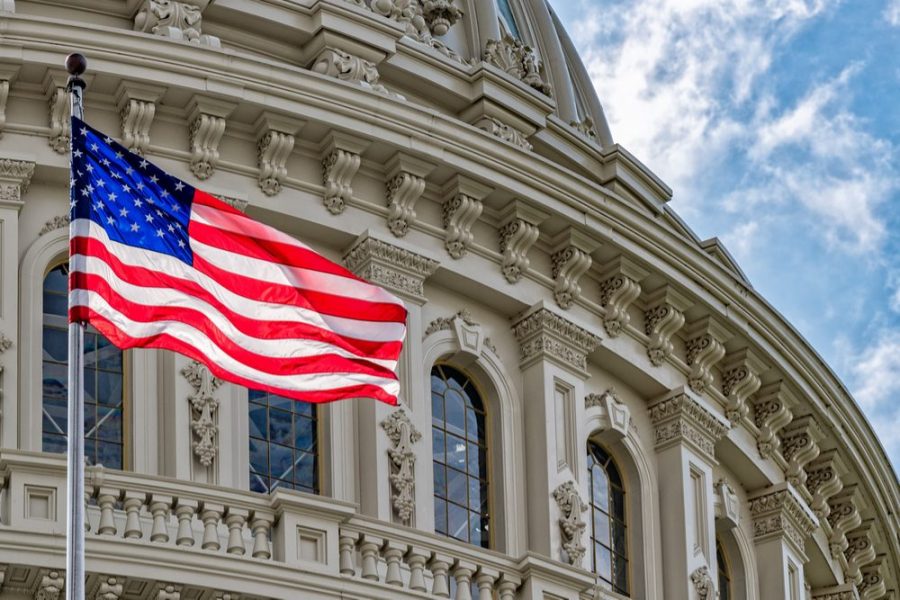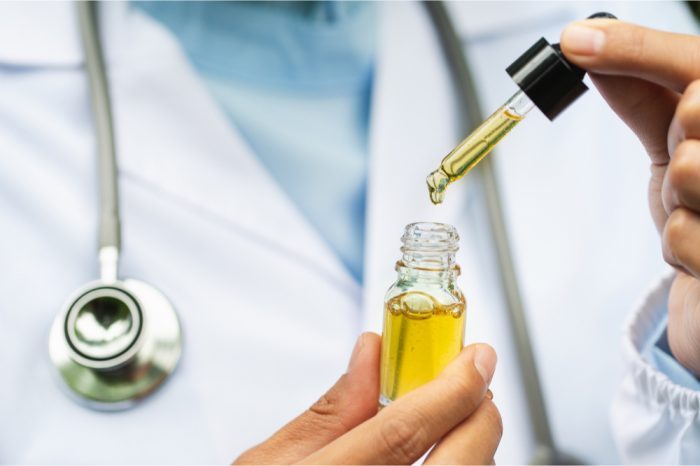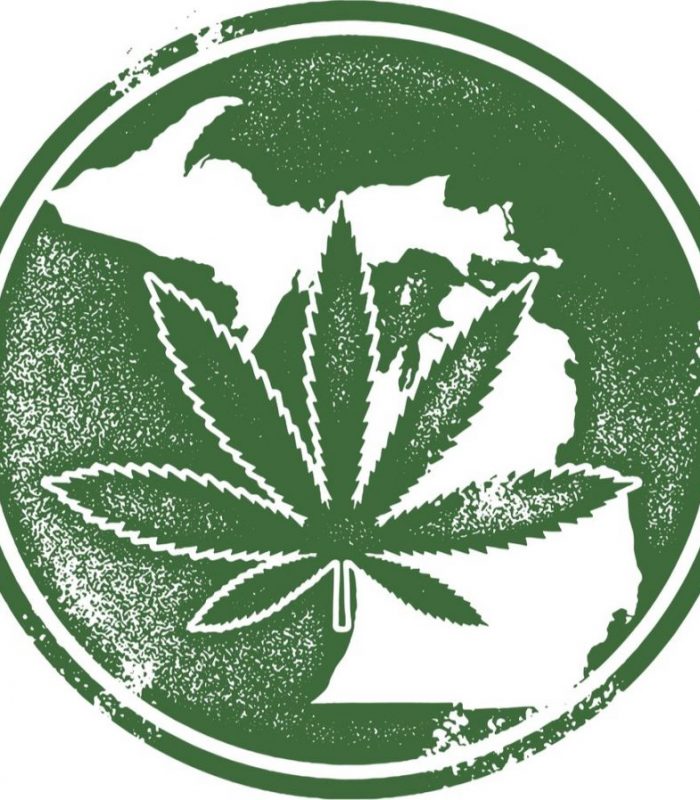Is CBD legal in all 50 states? Not really. And it looks to be a long way off.
The Food and Drug Administration’s (FDA) outgoing chief argued on Tuesday that it could take years for the agency to formulate rules around hemp-derived cannabidiol (CBD) in food products. The only way to speed it up is if Congress steps in.
The cannabis industry hopes that the FDA would be able to make quick adjustments to its policy allowing edible CBD products to be legally sold across the country. Outgoing commissioner, Scott Gottlieb, said in late March 2019, that the bureaucratic methods existing in the federal government could slow it down for years.

CBD in Food Products is New Territory
The FDA Commissioner attended an event at Brookings Institution where he acknowledged the strong interest within the cannabis industry and lawmakers to develop a regulatory framework where CBD from hemp could be extracted, introduced into food supplies, and sold. CBD remains a regulated drug and as such faces serious roadblocks to becoming a common food ingredient.
This complicates the matter of simply adding it into food supplies. Right now, the law only permits the FDA to “contemplate putting a drug that wasn’t previously in the food supply into the food supply if it goes through a rule making process.”
A rule making process like this can take anything from two to three years for conventional products. CBD is far more complex because of its connection to ‘marijuana’. Cannabis-derived CBD has been de-scheduled by the DEA and approved as a treatment drug for epilepsy, but only in the form of Epidiolex. Gottleib also indicated that this was a highly novel rule making process, which is why it will be lengthy.
Is CBD Legal in All 50 States?
The DEA still considers hemp as a substance regulated by the Controlled Substance Act. This creates obvious obstacles for legalization. The 2018 Farm Bill has legalized hemp for industrial purposes, but the DEA has not. De-scheduling CBD derived from hemp would be a key movement forward.
The agency is in the midst of forming a qualified team to solve the issue. Their goal is to find legislative loopholes to help states in their hemp and CBD legalization process. Amy Abernethy, the FDA’s principal deputy commissioner, will lead the team. The agency’s acting associate commissioner of policy, Lowell Schiller will join her. The findings then have to be submitted to Capitol Hill. Congress could then pass a bill to give the FDA directions to manage the situation.

Time for Congress to Focus and Expedite Hemp Law
As long as the issue remains in FDA hands alone, it will take quite a while to sort out. The point is, the process is in motion. FDA could submit recommendations to Congress this summer.
Furthermore, the FDA is using this time to figure out how to legalize cannabidiol or CBD. Its focus is getting Congress to write and pass legislation to make the process move a little quicker.
It is highly important to establish a congressional measure that would define the appropriate levels of CBD. Gottlieb regards CBD, in its highly concentrated, form as a potential public health risk.
The FDA will need a framework that includes concentration levels and cutoffs. Congress will direct the FDA on this, but generally the FDA will be in charge of the process. Gottlieb repeated that CBD in high concentrations is not completely risk-free. Low-concentrations could be a completely different story.
Gottlieb answers a barrage of questions regarding the issue every time he goes to Capitol Hill. So, it is obviously a pressing issue for the American public. This process is a great start toward answering if CBD is legal in every state and region of the US. It seems like a simple fix. Let’s see what Congress does.





